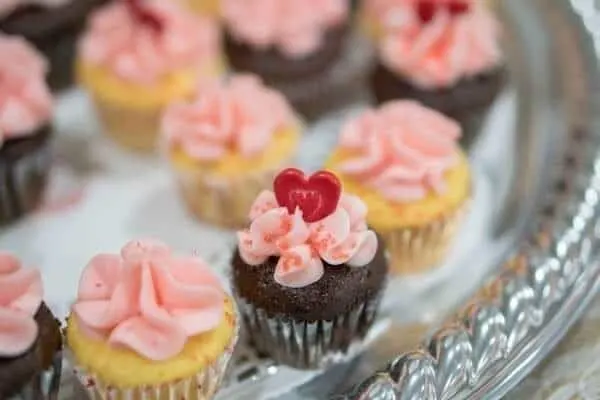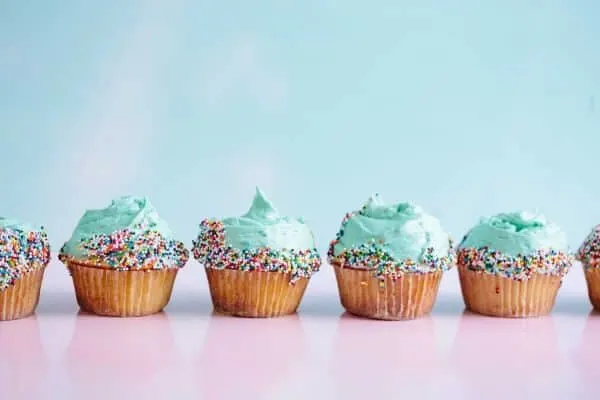There’s a half-full bottle of vanilla extract sitting in the cabinet in the kitchen. You needed it for baking, but for some reason, that recipe didn’t turn out as good as you expected it to. So the leftover extract sits in that cabinet for quite a few months already, and you’re starting to question if it’s still good enough to use. Can vanilla extract go bad?
Or maybe you’ve bought the pure vanilla extract instead of the synthetic imitation for the first time, and you don’t want any of it to go to waste. Hence you need to know what’s its shelf life, and what are the storage guidelines.
Either way, this short guide has got you covered. In it, we cover everything you need to know about storage, shelf life, and spoilage of the vanilla beans extract.
For the sake of this guide, you need to know if you have the real vanilla extract or the imitation. Synthetic vanilla (the imitation) has only one organic compound, vanillin. Pure vanilla extract has many other compounds, richer flavor, and fragrance. Making it also takes a lot more time (and some vanilla beans), which makes it quite expensive. If your vanilla extract was cheap or the label doesn’t say “pure vanilla extract,” it’s most likely the imitation ([VQ]). Both types are perfectly okay to use, but you need to know what you’re dealing with.

Can Vanilla Extract Go Bad? How To Tell That It Is Bad?
No matter which kind of vanilla extract we’re talking about, the answer to whether or not it can go off is: probably not. Both types don’t make a good environment for bacteria to grow. That makes it unlikely that either will spoil in a way meat or dairy goes.
Nevertheless, if you open up the bottle or vial and the smell is off, or the consistency of the liquid have changed noticeably, discard it. In other words, if your senses are telling you that something is wrong with the solution, get rid of it.
Another thing to keep in mind is that the flavor and smell of the pure extract and the imitation are slightly different. So if you’ve used the cheaper one your whole life and now you switched to the more expensive option, don’t get caught off guard thinking it’s bad because the smell is stronger and the taste richer.
If the extract seems to be okay, it’s safe to use. But that doesn’t necessarily mean its flavor will be good enough. That’s where the difference between the pure extract and the synthetic ones kicks in.

How Long Does Vanilla Extract Last?
For vanilla extract imitation, it comes with a best-by date on the label, and its shelf life is usually between 2 to 4 years. Past that date, the solution won’t become unsafe to use, but its overall quality (taste, fragrance) will start to drop. If it drops slightly, you can probably get away with simply adding more of the extract to make up for the flavor loss. But if the extract is more than a couple of years past its date, and the vanilla taste is hardly there, it makes more sense to discard it.
When it comes to the pure vanilla extract, it fares much better over time. Thanks to its high alcohol content it easily lasts several years ([VQ]) in excellent quality, and many sources say it can pretty much last forever ([CN]). Of course, on some labels, there still will be a “best-by” date, but often that’s simply because the law requires it. So even if your extract is way past that date, it should still be quite alright, especially if you took good care of it.

How To Store Vanilla Extract?
Proper storage of this product of the vanilla beans extract isn’t that difficult.
When it comes to temperature, room temperature or slightly below is perfect, so either the pantry or the kitchen works. Don’t refrigerate or freeze the extract, as it might mess with its taste ([VQ]). And make sure it doesn’t sit near any sources of heat.
Besides heat, the extract doesn’t particularly like light, so a dark cabinet or a spice drawer is probably the best option. Like with heat, prolonged exposure to light might cause the taste to degrade.
In a Nutshell
- Unless you keep the bottle or vial of vanilla extract unsealed, it probably won’t go bad.
- Vanilla extract imitation will retain quality (or most of it) for a couple of months, maybe even years past its date.
- Pure vanilla extract lasts years, and many sources say it can pretty much last indefinitely.
- Keep the extract in a cool and dark place.